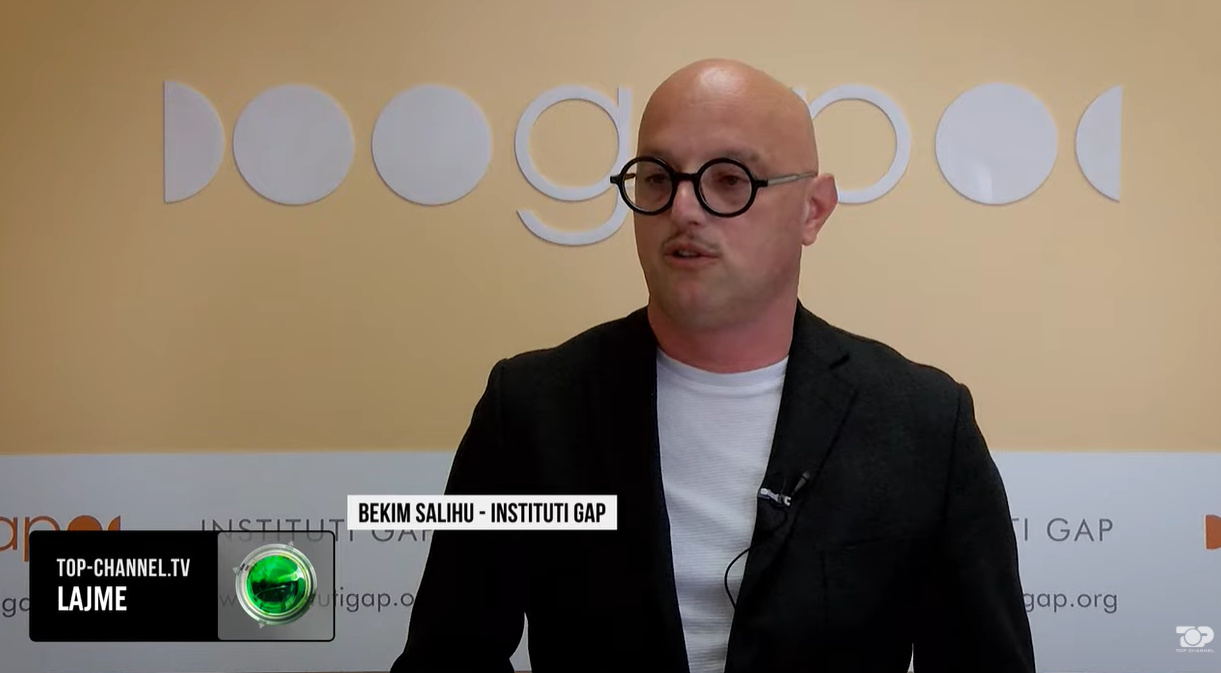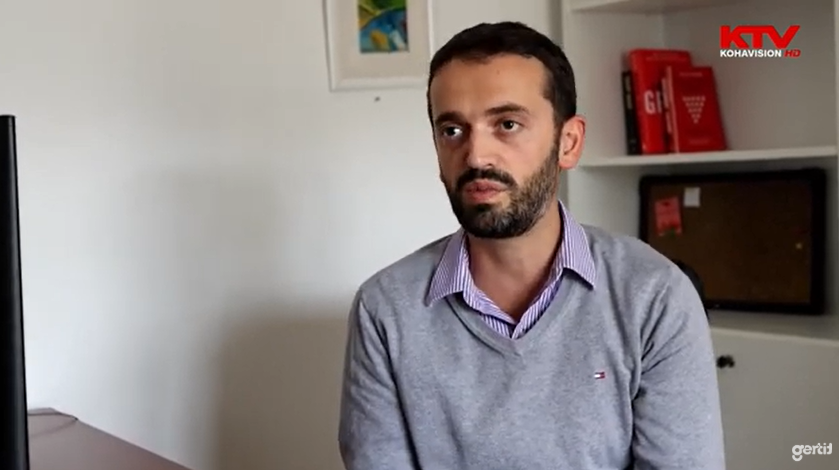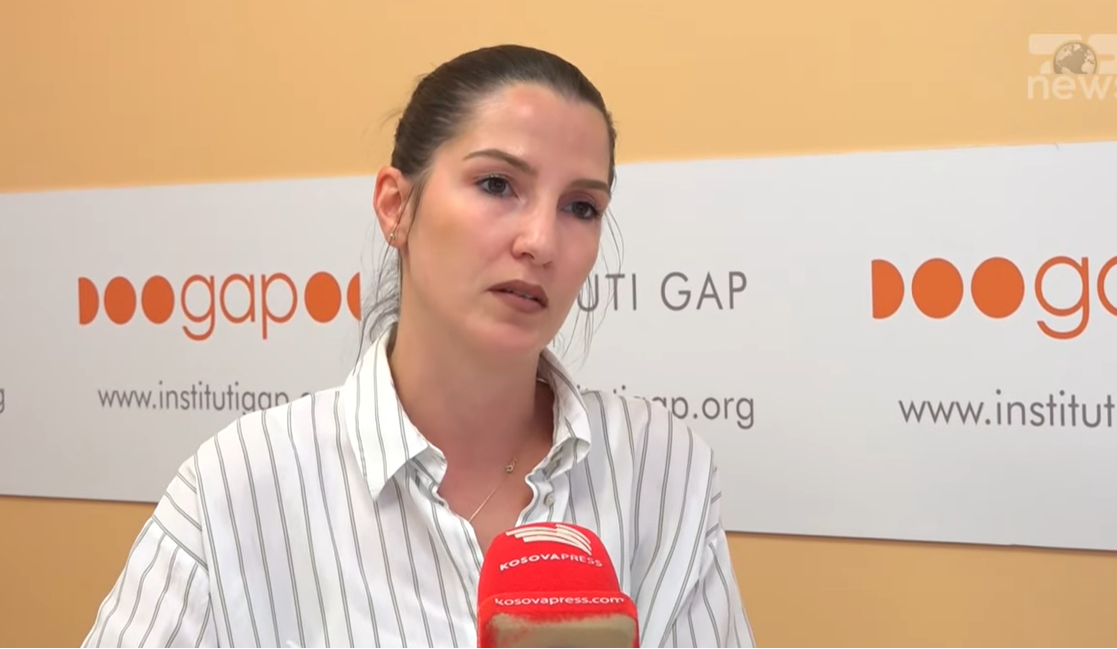“Stupcat” against corruption
 07/10/2014
Shkruan Agron Demi
07/10/2014
Shkruan Agron Demi
Can a societal evil be fought with comedy?
First published at www.gazetajnk.com, 6 Oct. 2014.Last week, the most popular comedy group in post-war Kosovo, “Stupcat” (Sticks in English), with financial support of UNDP, launched a comedy video tackling corruption in healthcare. This is one of three videos mocking corruption and corrupted persons.
As with all previous ‘Stupcat’ skits, their new anti-corruption video received thousands of clicks in their official YouTube channel. What distinguishes this comedy skit is the emphasis on the banal “justifications” of public officials to the public when confronted with questions on corruption.
But, can a negative social phenomenon, in this case corruption, be fought through comedy?
There is at least one case where ridicule and comedy made an impact in the efforts to fight organized crime, as representation of a social negative occurrence.
After the American Civil War, the whites in the US founded the Ku Klux Klan – a racist group working against the abolishment of slavery and rights of the black community. Although the Klan, in its early years of existence, was classified as a criminal group and was fought by the law-enforcement authorities, the state failed to eradicate this notorious group.
In the 1920’, the Klan accounted for up to eight million members. Founded in the southern states, the Klan quickly grew to establish its presence throughout the territory of the US, and also initiated lynching of black citizens.
However, in the 1940’, the American author Stetson Kennedy infiltrated the Ku Klux Klan and learned all its secrets, communication codes and operations. He submitted all his findings to the police authorities, but the police was unsure of how to proceed with the provided information. Moreover, many state officials were members of the Klan.
Kennedy then found refuge in the most important source of information of the time – the radio. Through radio programmes, Kennedy published all Klan’s codes. Very soon, in a series of 16 children’s episodes were broadcasted in radio, ridiculing the Klan’s forms of communication.
Only two weeks after the children’s programmes started their broadcast, Ku Klux Klan’s membership declined to virtually zero. Membership in the Klan, in addition to being a form of racial hatred, was also form of pride, being part of a mysterious circle. As soon as the Klan became a laughing stock of the society, there no longer was any motive to be its member.
How is this related to Stupcat’s comedy? Comedy will not succeed to fight corruption in public institutions, as it will not be able to give merited sentences to corrupted persons. What comedy can do is change the society’s perspective towards corrupted people.
Kosovo has a social culture which endorses corruption. Moreover, corrupted people still hold a high social status.
Stripping them of this social status, ridiculing corrupted people, transferring them to the lowest social category, is an important tool to combat corruption. At least fighting its social status. Comedy can achieve this. Meanwhile, corruption-combating authorities and courts must continue to do their job.















